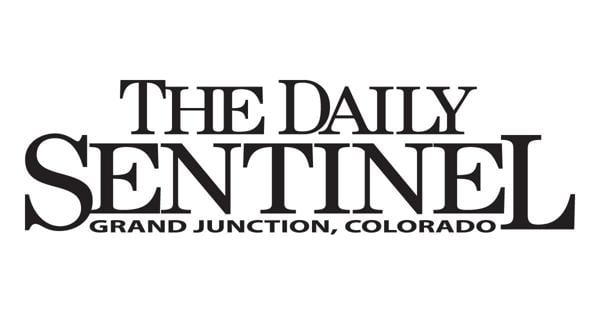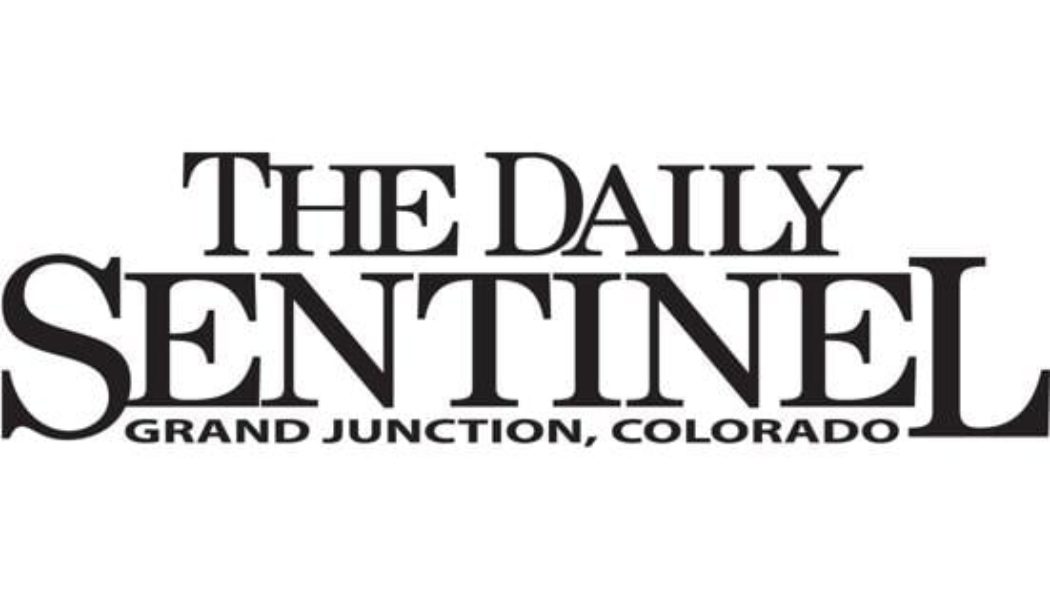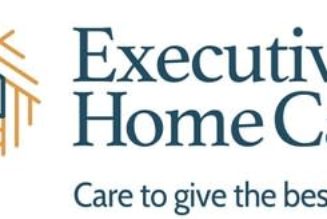
By MICHAEL PRAMENKO
One hundred years ago, the United States was smack dab in the middle of its experiment with prohibition via the 18th Amendment to the U.S. Constitution. From Jab, 17, 1920 to Dec, 5, 1933 the United States was supposedly “dry,” As we all know, the experiment failed.
Fast forward to the 21st century and the devastating human and economic costs of alcohol that triggered prohibition still exist. Only now, our approach to the alcohol industry is becoming increasingly laissez-faire. The regulatory pendulum for alcohol has swung in the opposite direction.
The Centers for Disease Control and Prevention calculates the economic impact of alcohol at $807 per person per year or $2 per every single alcoholic beverage consumed. The human cost — when considering the broken homes, broken lives, increased violence, accidents, suicide and chronic disease — is even more devastating. Here in Colorado, our Department of Public Health and Environment calculates the annual cost to the state at $5 billion with almost half the cost paid by taxpayers.
Opinions about alcohol start early. Studies indicate that 11- to 14-year-olds see three alcohol related ads per day or 1,000 per year. As adults, we understand the powerful nature of the industry and that their products are embedded into our society.
Fortunately, most Americans consume very little alcohol and 30% of Americans don’t drink at all. Meanwhile, 10% of Americans consume an astonishing 60% of all alcohol sold. That equates to 30 million Americans experiencing some form of alcohol use disorder. Given the statistics and costly effects on society, our laissez-faire approach to this industry represents a form of corporate welfare as this industry fleeces the non-drinker and the responsible drinkers. These individuals are literally “picking up the tab” for alcohol’s imposed cost on our communities.
Ask Sheriff Rowell or a 9-1-1 dispatcher how many of their calls are related to alcohol. Spend a night at a local emergency room. Certainly, few days go by in my clinic when I’m not having a conversation with a patient about excessive alcohol intake. Ten years ago, a three-year study by the city and county of Denver revealed that nearly 30% of their 9-1-1 calls included alcohol as a factor.
The obvious question instructs the potential intervention: Why should most Americans pay for the economic costs resulting from the actions of 10% of the population? We’ve confronted the costs of tobacco and opioids with legal settlements and taxes to address problems that these products cause. Inexplicably, the alcohol industry has somehow escaped such scrutiny.
Simultaneously, the search for more affordable health insurance continues.
A look at Colorado tax rates for beer, liquor and wine reveals an opportunity to rightsize the alcohol tax to fund treatment/prevention efforts and to incentivize healthy choices. Colorado taxpayers could address the current status of corporate welfare for the alcohol industry by simply raising the taxes on alcohol in our state to national averages. Currently, tax rates on alcoholic beverages in Colorado rank near the bottom of the list (48th).
The tax dollars collected would NOT be used for the general fund. Instead, they would address the health care costs created by alcohol and work to prevent alcohol use disorder. In addition and with a nod to innovation, a portion of the funds could be used as a funding source to create a much-needed market-based health insurance product that incentivizes healthy behavior. The Colorado Medical Society supports these policy concepts.
Current health insurance premium pricing requires that healthy individuals, with low utilization of health care, subsidize the chronically ill patients’ premiums and prevent health insurance rates from skyrocketing. Rates are determined by the whole pool of patients with the only credit given for non-smoking status. As such, healthy individuals deserve a “dividend.” This dividend would create important incentives that we lack in health insurance. Safe driving helps manage your auto insurance premium. Ideally, healthy living should reduce your health insurance premium. Right?
The current system requires that we all pay more for police, rescue, incarceration and medical intervention related to alcohol. We pay via direct city, county and state taxes and then we pay more via higher health insurance premiums. The fleecing rages on. The corporate welfare continues.
As a Western Slope community, we could pilot a project that would allow Mesa County to innovate on two critical fronts: substance use disorder and marketing healthy behavior. Most businesses benefit from a healthier population via improved productivity and lower health care costs. Indeed, a healthy population is a key driver of a healthy economy and vice versa.
For free market advocates — isn’t the health insurance marketplace screaming for a product that incentivizes and rewards healthy behavior? Finding a funding mechanism for this innovative insurance product represents the main challenge to getting this done.
Or, we can continue the same insane laissez-faire approach to this public health problem with its unsustainable “wink and nod” tax policy. Our choice.
If you have a friend or family member with an addiction to alcohol, Alcoholics Anonymous information is available at 970-245-9649. Look for more information regarding meeting times and locations online.
Michael J. Pramenko M.D. is a family physician and a past president of the Colorado Medical Society.









